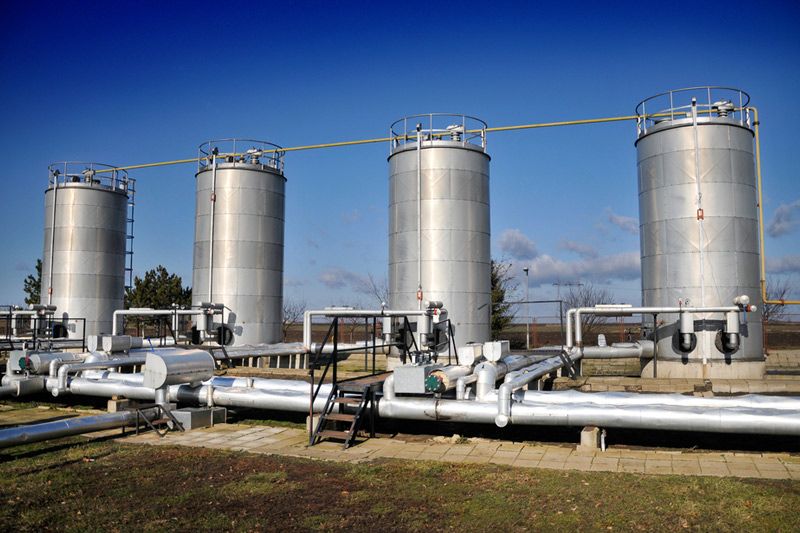By Meagan Clark - Ukraine faces the highest energy security risk in the world, but expanded U.S. production of natural gas is lowering global energy risk, according to the 2013 International Index of Energy Security Risk released Tuesday by the U.S. Chamber of Commerce.
The index calculates the energy risk of the 25 largest energy users and scores them based on their energy efficiency and security of energy sources.
Norway tops the list with the most energy security. The U.S. ranked sixth, climbing one place since 2012 and three places since 2005. Mexico, New Zealand and the U.K. ranked second, third and fourth, respectively. Ukraine hasn’t budged from the bottom since the breakup of the Soviet Union in the early nineties.
“Ukraine is suffering from dramatic exposure risk,” Karen Harbert, president and CEO of the Institute for 21st Century Energy, told reporters on a conference call.
Ukraine’s risk stems from its very inefficient use of energy and almost complete dependence on Russia for energy imports, Steve Eule, vice president of the institute, said.
But Ukraine is also one of the few countries that has reduced its energy security score in the past two decades. The country has discovered shale resources, is exploring LNG projects near the Black Sea and is privatizing its coal industry—all efforts that, if continued, will pay off in the long term, Eule said.
Russia ranked 14th. Though the country has vast resources, it uses energy very inefficiently. And since Russia is “a tremendous energy power,” it’s “not afraid of using its energy power for geopolitical ends,” Eule said.
“And that argues for greater U.S. imports to Europe,” Eule said.
The European Union has seen energy prices, especially for electricity, climb in recent years.
“It’s about the U.S. being able to supply more of the world’s natural gas, in an affordable manner… and not use it as a political tool,” Harbert added.
Eule and Harbert agree that North America and particularly the U.S. led a global reduction in energy risk and prices in 2013, despite a significant amount of oil taken off the market from Iran.
“Combined with growing energy production from Canada and a reformed hydrocarbon sector in Mexico, it’s possible we’ll soon see the world’s energy center of gravity shifting away from the Middle East and towards North America, bringing with it even greater economic and geopolitical advantages,” Harbert said.
With the boom in unconventional oil and gas production, North America led “the most dramatic fall in energy prices since the beginning of our tracking” in 1980, Harbert said.
“This is the perfect example of how improving energy security in North America has improved energy security in the world,” she said.
Japan could also benefit from U.S. natural gas imports. The country ranked 18th on the 2013 index, four places below its 2011 ranking. Since the Fukushima disaster, Japan has decided to reduce its reliance on nuclear power and instead rely on imports, increasing its energy risk.
It’s going to take some time to build the infrastructure, but “the prospect of supply, of democratic molecules [natural gas] coming in from the West, will have a calming effect on the markets” and reduce price volatility, Harbert said.
